RLUIPA cases prove costly for governments, favorable to religious groups
RLUIPA lawsuits can be costly and divisive as a result of the competing needs across Rockland between religious organizations and government zoning and land-use decisions.
The acrimony seems destined to remain as Congress has no current plans to amend or abolish the Religious Land Use And Institutionalized Persons Act, adopted and signed into law in 2000. The U.S. Justice Department has long enforced RLUIPA regulations and sued municipal land use and zoning decisions deemed discriminatory.
RLUIPA also defends the constitutional rights of inmates — which have been upheld by the U.S. Supreme Court. A case challenging the constitutionality of the RLUIPA land-use regulations has not reached the nation's highest court, which has ruled favorably for religious freedoms.
As many residents and some officials complain about RLUIPA being the controlling law on houses of worship and religious schools, reforming or exorcising the law likely falls with Congress and the courts..
Rep. Michael Lawler, R-Pearl River, has not introduced legislation concerning RLUIPA since taking office in 2023. Neither did his successor, Democrat Mondaire Jones, who is running against Lawler in November. Jones didn't respond to two requests for comment on the law and its impact on residents.
Lawler won his seat two years ago with the strong support of the Orthodox Jewish voting bloc, which has benefitted from RLUIPA in Rockland.
Lawler spokesman Nate Soule issued a comment on Wednesday: “Congressman Lawler recognizes the importance of protecting religious freedoms while respecting local zoning laws. During his tenure in Congress, he has met with well-meaning advocates on both sides of this issue to promote mutual understanding and find common ground."
The statement added, "Like any piece of legislation, the Congressman believes there is always room for improvement, which is why he previously scheduled a meeting between the Judiciary Committee and community advocates to discuss RLUIPA and any potential reforms that the committee might consider."
RLUIPA: Protective shield or sword or both?
While the law is seen as protecting constitutional rights to operate private schools and houses of worship, other residents and some local officials see the law as dictatorial, overruling local zoning that seeks to preserve the character of single-family home neighborhoods.
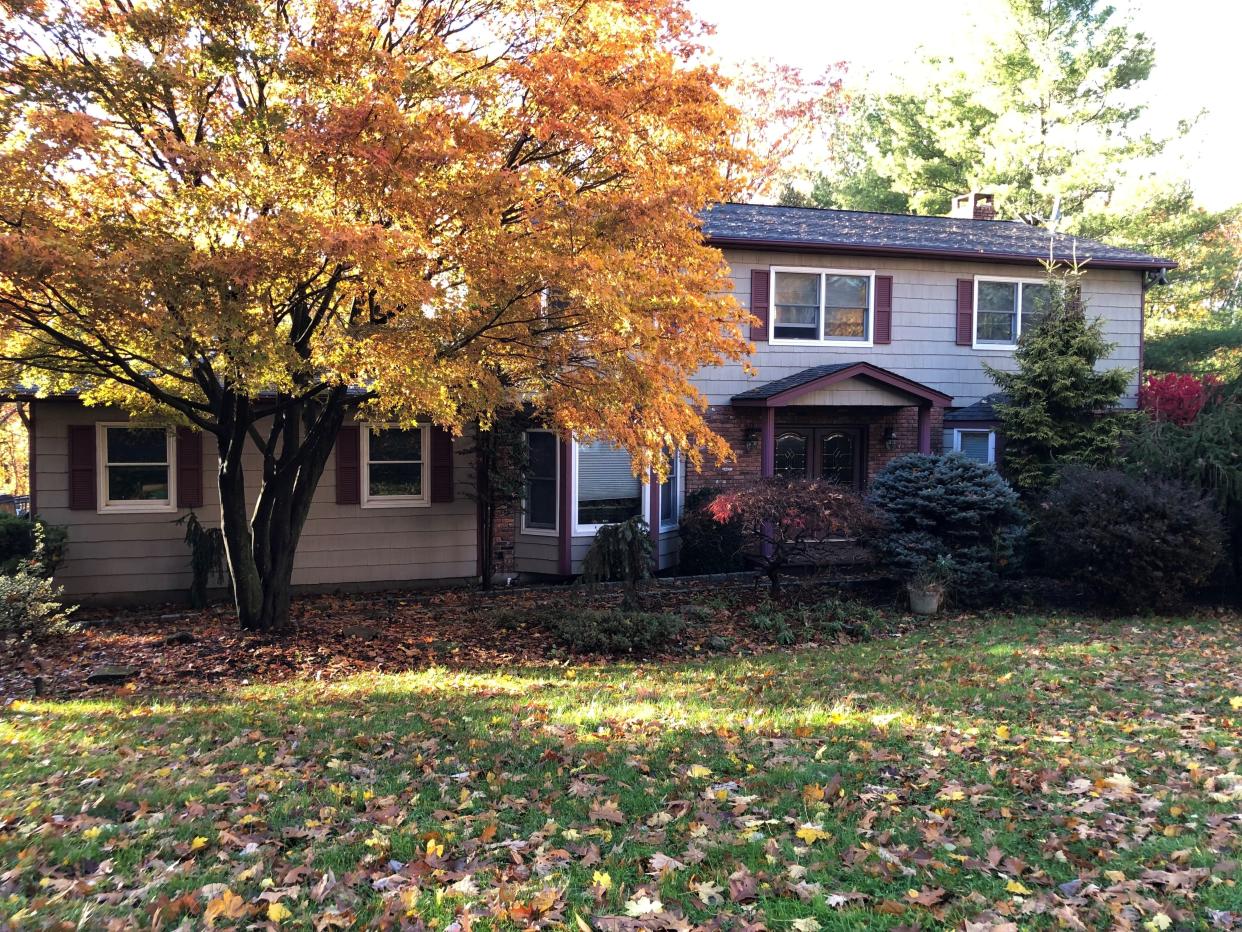
The law, along with the New York State Constitution, gives greater leeway to religious rights when the issue is zoning.
RLUIPA's power is designed as a shield for religious freedom but can end up being a bully to discourage challenges to development by religious groups.
"In practice, however, RLUIPA is a sword that religious entities wield with devastating effect against municipalities and communities, obliterating legitimate restraints upon environmentally unsustainable land use," attorney Steve Mogel said. "I think that the land-use provisions of RLUIPA are a prime example of Congress having good intentions that result in unintended, negative consequences."
Advocates view RLUIPA as a lifeline against discrimination to enable people to educate their children and worship.
Rabbi Shragi Greenbaum, who oversees the Rockland office of Agudath Israel of America, said RLUIPA doesn't unreasonably curtail communities’ right to preserve the safety and security of their residents.
"In a perfect world, there would be no need for a federal law prohibiting local boards from imposing zoning and other land use regulations in a way that impedes Americans’ right to the free exercise of their faiths," Greenbaum said.
"Unfortunately, though, especially in our day, when there is considerable animus in some localities for Jews, in particular Orthodox Jews, RLUIPA has proven necessary," he said. "And it has effectively prevented numerous, often prejudice-born denials of zoning and land-use variances. "
RLUIPA is the hammer against zoning and is costly
Mogel is among the attorneys who represent residents challenging government zoning decisions, including Chestnut Ridge's village law establishing three-tier zoning for houses of worship in residential areas.
The 2019 challenge came from the grassroots group Citizens United to Protect Our Neighborhoods, known as CUPON. The case is on appeal.
An Orthodox Jewish group also sued the village under RLUIPA to force zoning to allow houses of worship and worked with the village on the law.
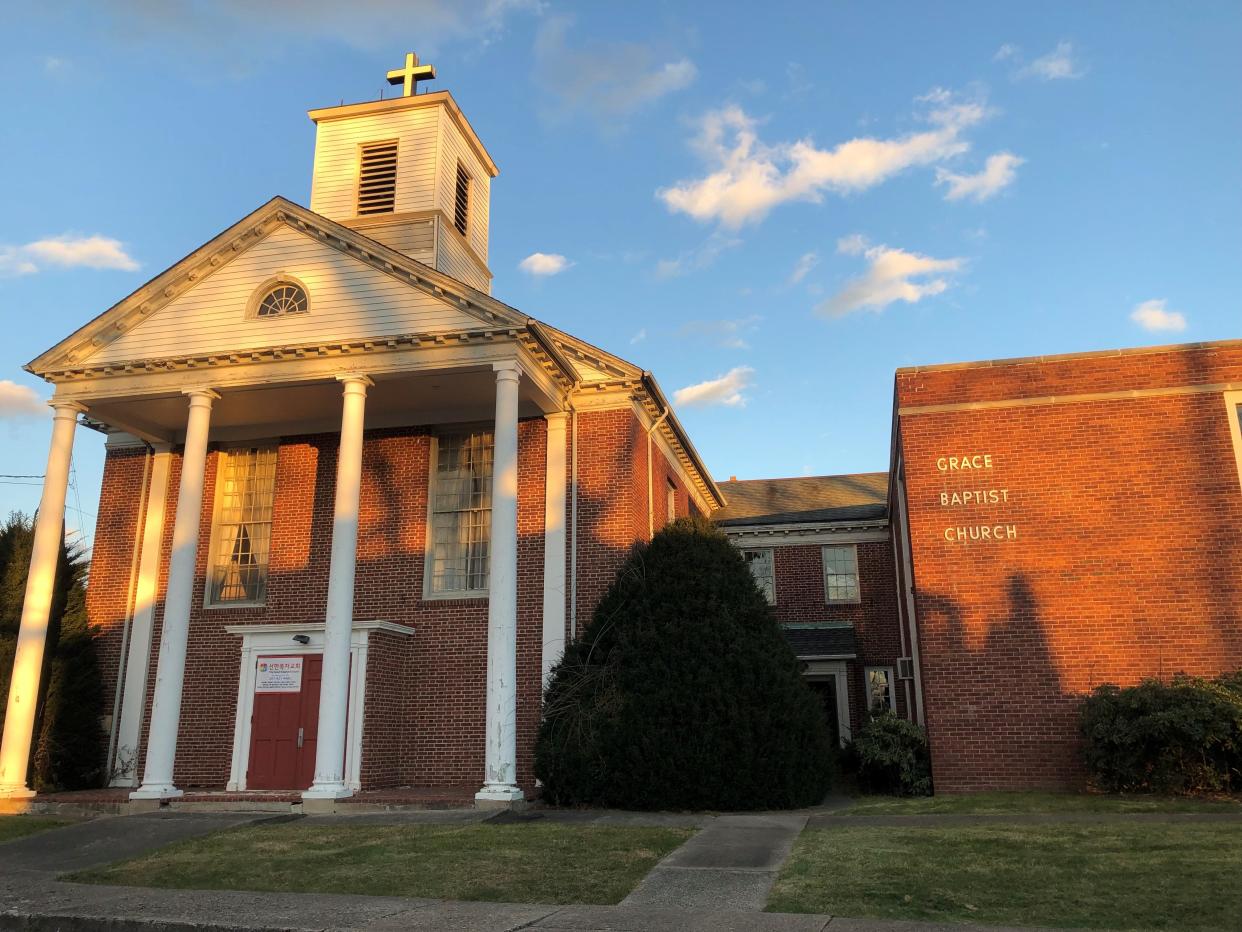
Over the years, RLUIPA legal actions have been taken against communities accused of trying to block the influx of Hasidim and Orthodox Jews through strict zoning. Those villages have faced the high costs of litigation.
"With its provision for the collection of outsized attorneys’ fees and federal courts that are, in my opinion, overly deferential to claims of religious discrimination, I see small municipalities bullied into rubber-stamp approval of grossly overdeveloped projects," Mogel said.
Federal prosecutors watch zoning
The U.S. Attorney's Office in Manhattan has filed legal actions three times against the village of Airmont for discriminatory zoning since residents incorporated the village in 1991. The village and the U.S. government settled the third legal action in 2023. The lawsuits have overruled village zoning and supported dormitory schools, costing village taxpayers millions of dollars in legal fees.
The growing Airmont Orthodox Jewish community has voted in its candidates in recent years to run the village, where the zoning is allowing more congregations to seek approvals for schools and synagogues.
A decade-long battle in the village of Pomona led to the village paying $2.48 million in legal fees to the Congregation Rabbinical College of Tartikov.
Tartikov, which sought $5.2 million in fees, still has not submitted plans for the massive college and the issue of a rabbinical college remains. The village reportedly had spent $5 million in legal fees to fight off Tartikov, as well as $43,000 after a judge found officials erased negative social media comments.
Residents and attorneys differ on RLUIPA
Lieby Breuer, a local activist who lived in Airmont, said RLUIPA is important to guarantee the Orthodox Jewish community can build schools and establish houses of worship within walking distance of their homes. Thousands of Jews don't drive or work on the Sabbath, from Sunday Friday to sundown Saturday.
"RLUIPA's role becomes paramount in addressing these unique challenges, allowing for the establishment of religious institutions in residential areas without facing undue restrictions," Breuer said.
"However, finding a balance that respects the rights of both religious communities and local residents is essential to fostering harmony and inclusivity within neighborhoods," he said.
RLUIPA holds winning hands in court
In one of the most recent RLUIPA lawsuits. Haverstraw settled with the congregation K'hal Bnei Torah of Mount Ivy after the town Planning Board refused to approve a synagogue in a residential neighborhood. The settlement comprised a $235,000 insurance company payment, of which the Haverstraw government paid $25,000.
Supervisor Howard Phillips said the town settled because it was the right decision financially and the town's Planning Board attorney recommended the board members approve the conversion of the house into a shul. Three didn't.
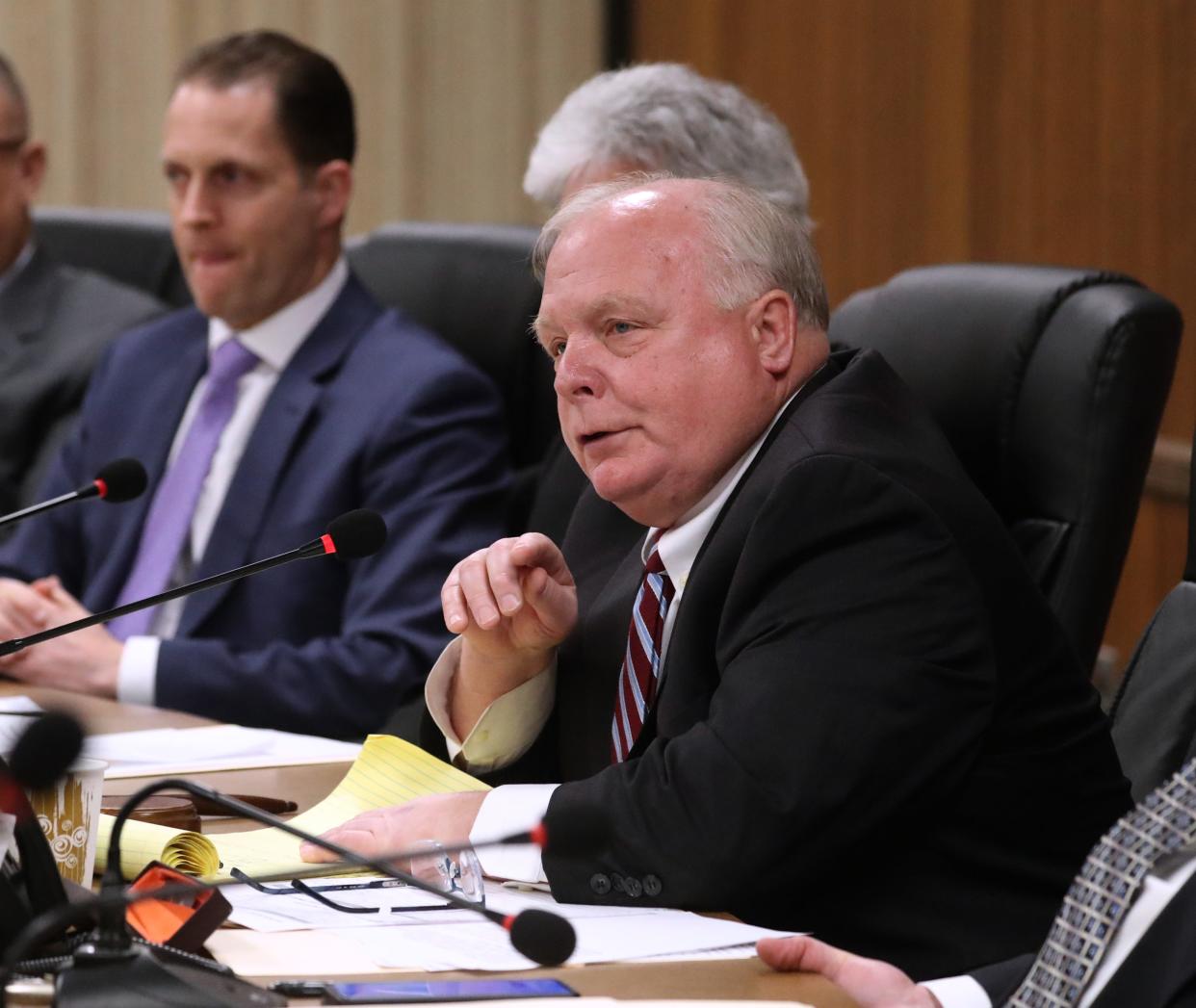
Phillips said the town's insurance company calculated losing $2 million in court-ordered legal costs if the lawsuit went to trial.
The congregation's request went through heated public meetings — including one where a neighbor said during a meeting in August 2001 that he would "of course" back up his vehicle over Orthodox Jewish children if he was to run over them. The lawsuit cited his comment.
Phillips said RLUIPA lawsuits raise the financial stakes for governments. He said the insurance company and the Town Board reviewed the lawsuit and settled it.
"You have to look at each one on a case-case basis," Phillips said. "Would I like to have more local control? Who wouldn’t? I am sure the federal government is not listening to local governments like us."
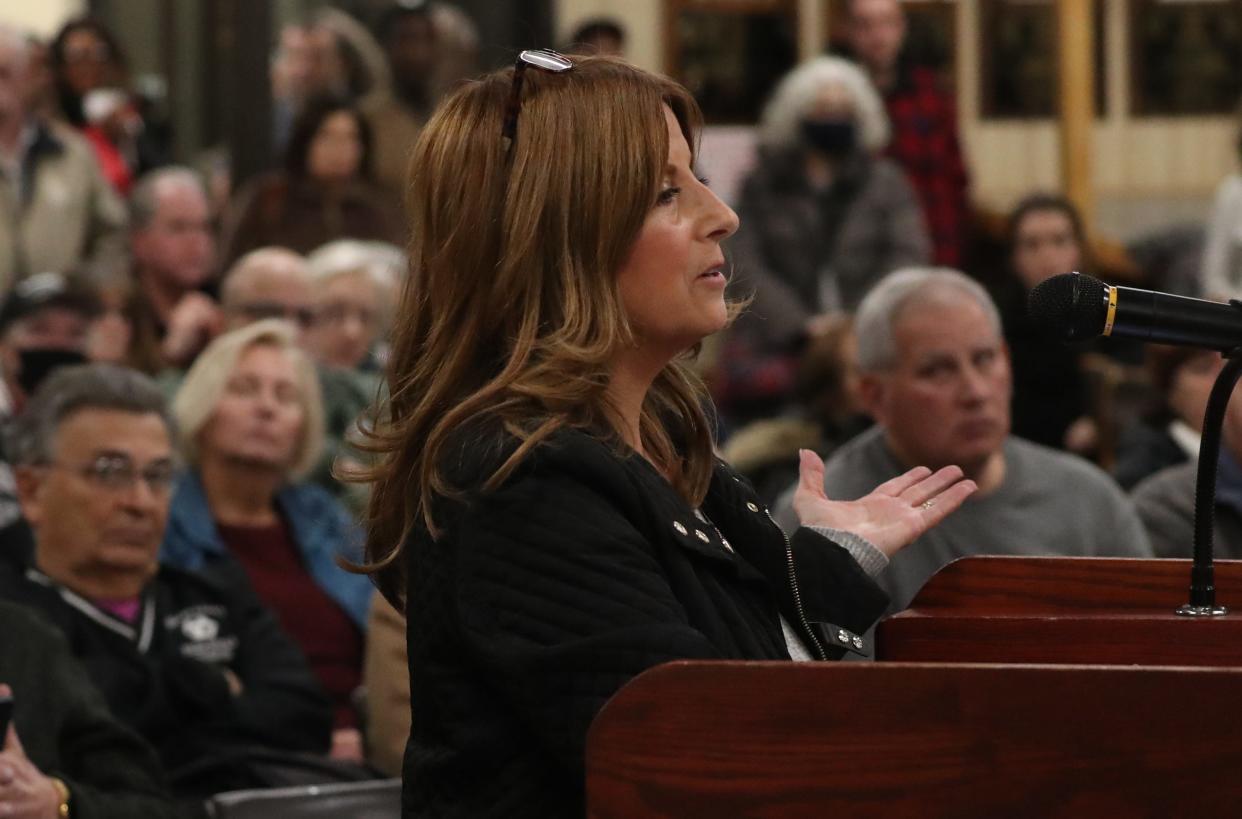
Neighbors of the synagogue also sued the town and the congregation, a case dismissed by the federal court in January.
Attorney Elliott Pell, who grew up in Ramapo and represented the Haverstraw residents, said he will look to file another lawsuit challenging the constitutionality of RLUIPA's land-use regulations. He argued that RLUIPA is not applicable and is a flawed law.
"It’s counterproductive," Pell said of RLUIPA. "What it's designed to do is to prevent religious discrimination. And what it ends up causing is religious discrimination."
Pell said that when municipalities are served with RLUIPA lawsuits, officials panic and end up "writing a check or their insurance company writes a check."
Pell said the U.S. Supreme Court will eventually take up the land-use provisions of RLUIPA unless Congress takes the political step to exorcise or reform the law.
Michael Diederich, a retired military prosecutor and civil rights attorney, said he doesn't want to see the Supreme Court take on RLUIPA's land-use regulations, however unlikely.
"The U.S. Supreme Court has not yet taken up RLUIPA’s constitutionality, and I hope that it does not, because my fear is that it will continue its trend of favoring religious interests over the larger community’s interests and the separation of church and state," Diederich said. "Keeping religion out of governance — that the Founding Fathers envisioned."
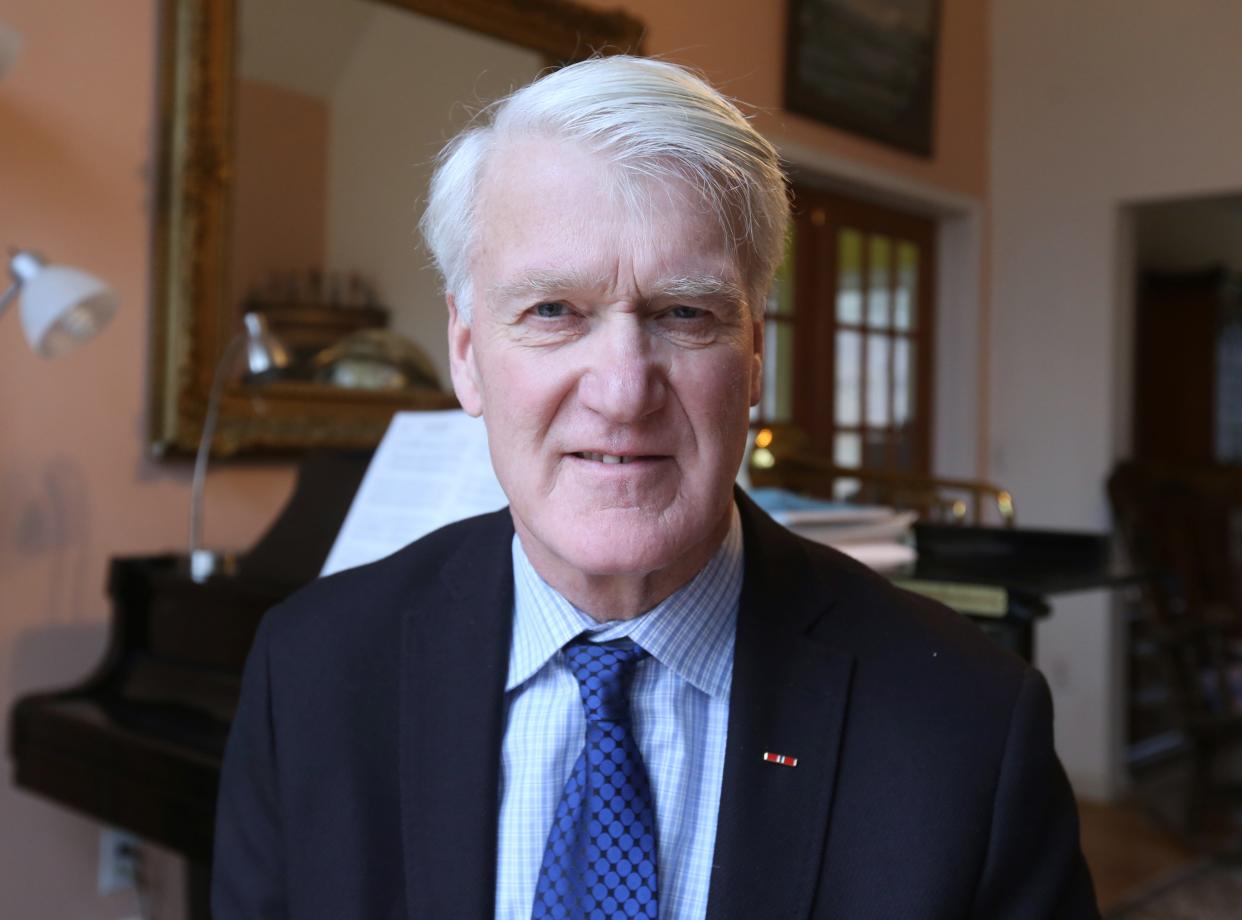
Other municipalities affected
In Rockland, zoning issues and what planning and zoning boards will approve differ in strictness and leniency across the five towns and numerous villages.
Clarkstown Supervisor George Hoehmann and the Town Board are dealing with an RLUIPA lawsuit involving the former Grace Baptist Church in Nanuet. The legal action came from Ateres Bais Yaakov, which wanted to open a girls' school on the property. A federal appeals panel has returned the case to the federal judge for reconsideration. The judge had ruled against the lawsuit.
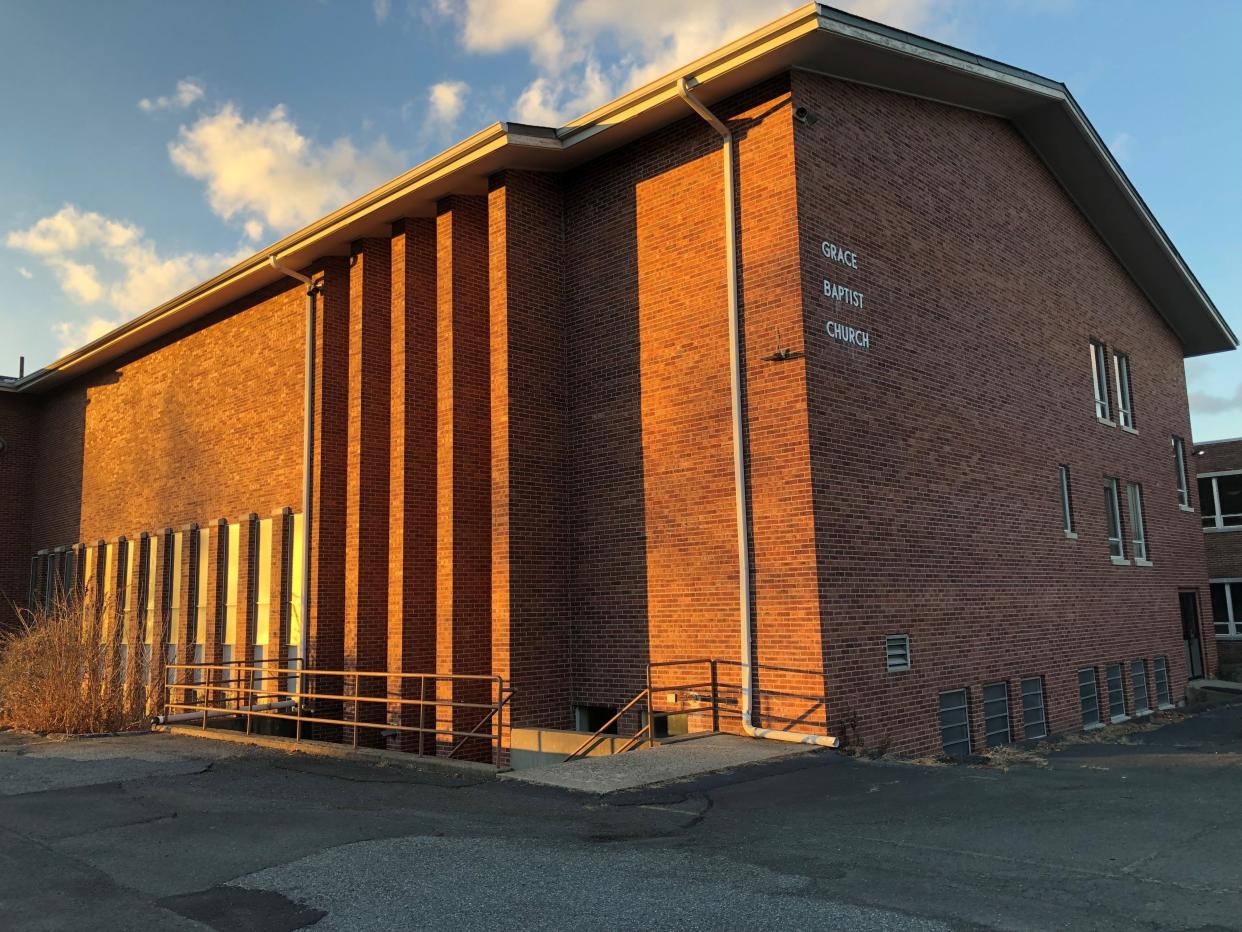
"As someone who has been sued, that's something all elected officials have some concerns with," Hoehmann said.
"There is a delicate balancing act between municipalities controlling local zoning and relying on good planning principles," Hoehmann said. "There are incidents of people persecuted throughout history. There are aspects of RLUIPA that safeguard religious groups. But RLUIPA has been misused across the country."
The Rockland Planning Office reviews development schemes for local impact but doesn't approve or disapprove. A negative review, however, could mean a municipal board would need a majority plus one to approve a development or zone change.
County Executive Ed Day said Congress should revisit RLUIPA since the law's goals have not been achieved. He said he's been involved with federal law since he served as a Clarkstown civic association president, a legislator, and into his third, four-year term as county executive.
"As I have maintained from years back ...RLUIPA was a well-intentioned piece of legislation that was supposed to provide some balance to the land use process when it came to religious, institutionalized, and correctional land use applications," Day said. "That goal has not been achieved and Congress should take up a review to ensure any and all unintended consequences are either removed or amended to ensure that balance is truly established."
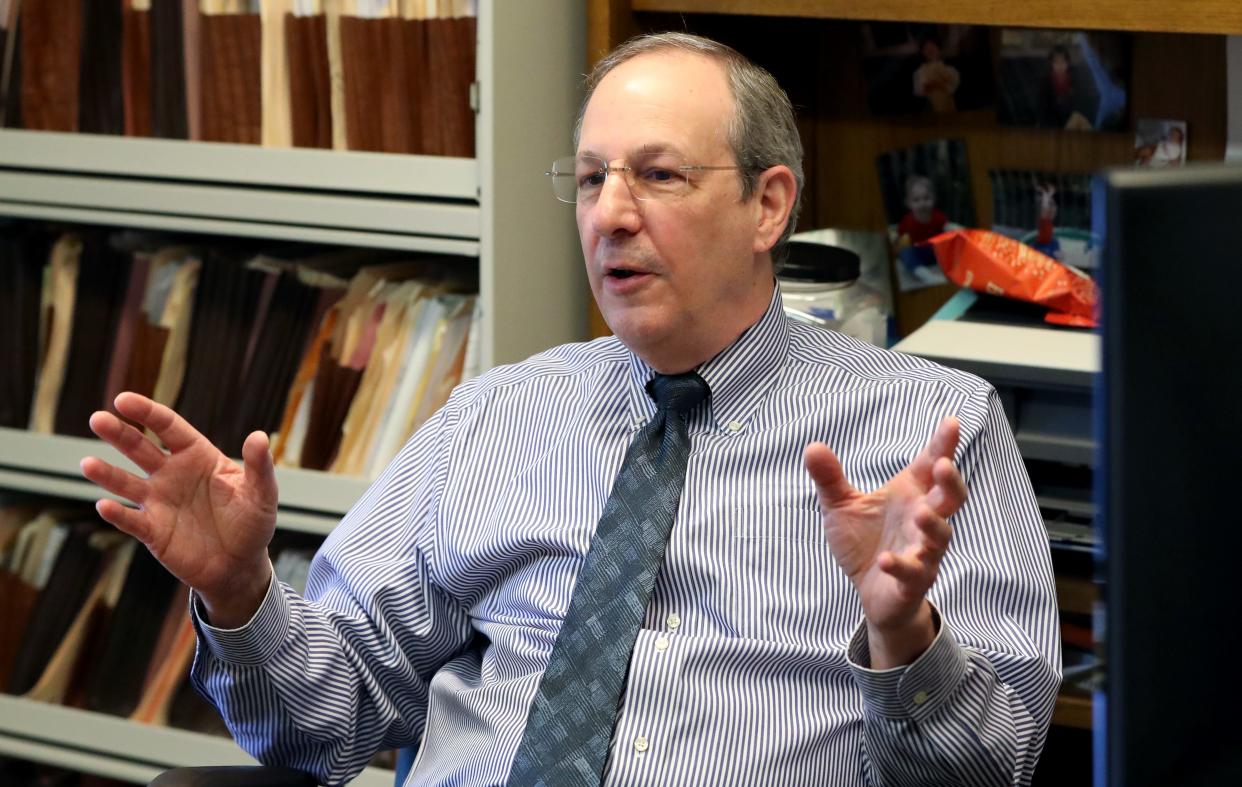
Ira Emanuel, a development attorney who represented K'hal Bnei Torah before the Planning Board, said the RLUIPA premise is that religious institutions are not treated differently than non-religious groups. One religious group cannot be given preferential treatment over others.
"If you allow a movie theater you cannot prohibit a church," he said. "From a land use perspective, both are places of gathering. You can't allow a Hindu temple but not a Muslim mosque."
Emanuel said New York state court rulings have favored religious institutions when it comes to zoning.
"Instead of a straight balancing test, you put your thumb on the scale in favor of the religious institution," he said.
Cardoza Law School Professor Marci Hamilton, who has written articles and books about RLUIPA and has defended municipalities, has said RLUIPA is not needed. She said the First Amendment covers the denial of religious assembly.
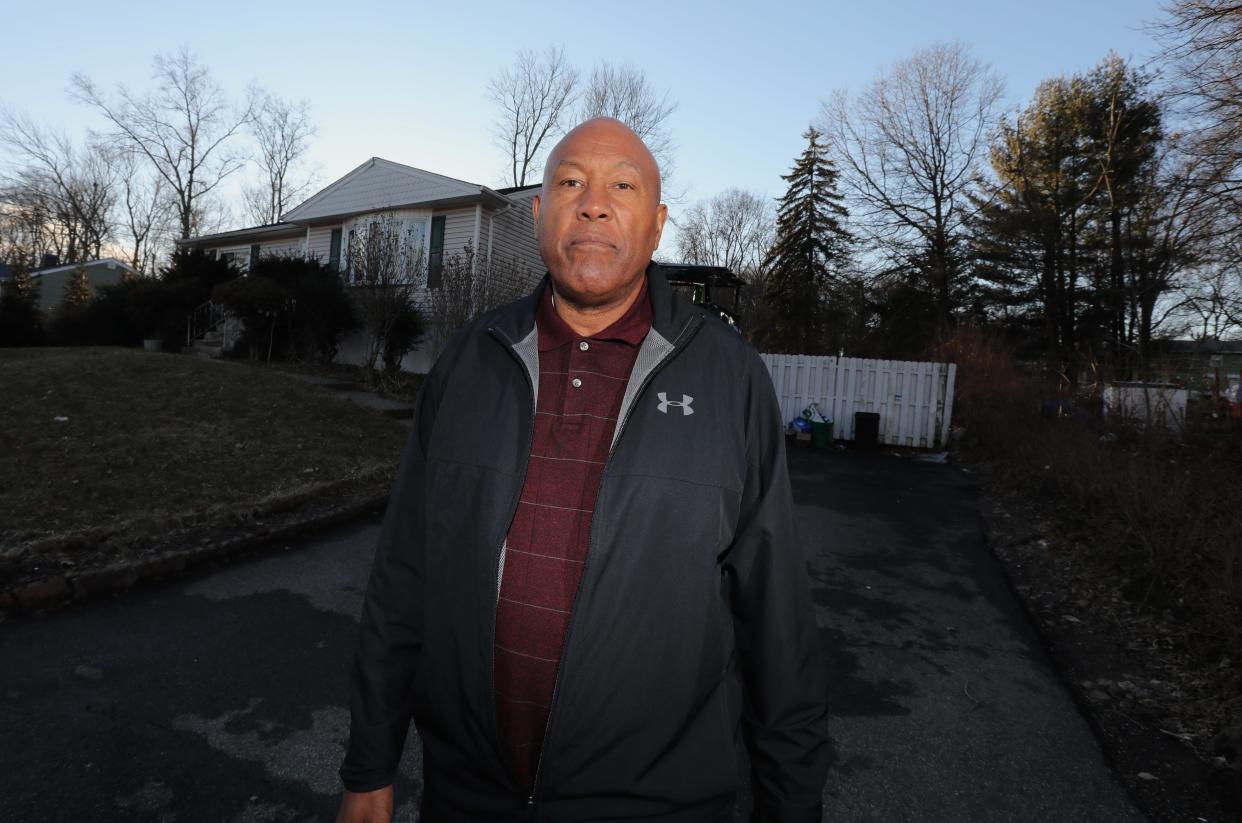
Micheal Miller, a founder of pro-zoning CUPON-Rockland, said RLUIPA plugged a hole that prevents municipalities from following their zoning codes at times and restricting religious organizations. CUPON has brought numerous lawsuits to block unbalanced development and protect neighborhoods.
"Any religious organization that is denied a permit to build or convert an existing facility for religious use, regardless of the reasons, can file an RLUIPA lawsuit, and the courts look favorably on their case," Miller said.
He said regardless of the RLUIPA claim and the municipality's defense, "the vast majority of cases are settled with the municipality paying substantial money to the claimant."
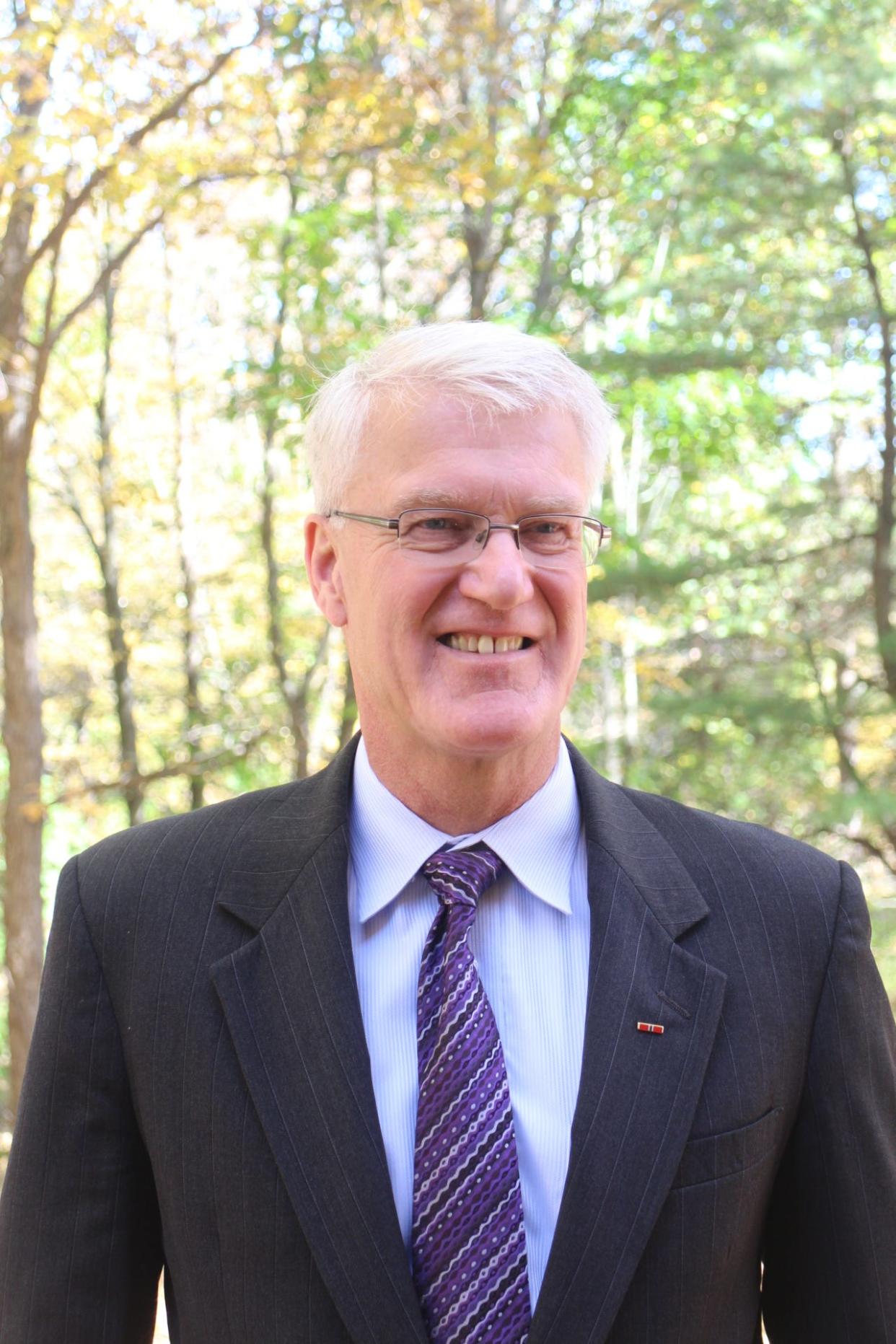
Diederich, a civil rights attorney in Stony Point, said RLUIPA favors religious interests over non-religious/secular interests and violates the First Amendment.
He said the federal Fair Housing Act provides sufficiently strong protection for individuals who are discriminated against because of their religion.
He opined that repealing RLUIPA is not a "silver bullet, especially when it comes to the political dynamics of Rockland and the potent religious bloc vote sought by many elected officials and candidates.
Diederich would like to see Congress repeal RLUIPA.
"There is zero chance of Congress repealing or revising RLUIPA in today’s political climate," he said. "Rockland County’s local land use problems are much larger than RLUIPA. At the core, our local problems are church-state separation problems."
Steve Lieberman covers government, breaking news, courts, police, and investigations. Reach him at slieberm@lohud.com Twitter: @lohudlegal
Read more articles and bio. Our local coverage is only possible with support from our readers.
This article originally appeared on Rockland/Westchester Journal News: Most agree RLUIPA's purpose is good. But does it work fairly?
